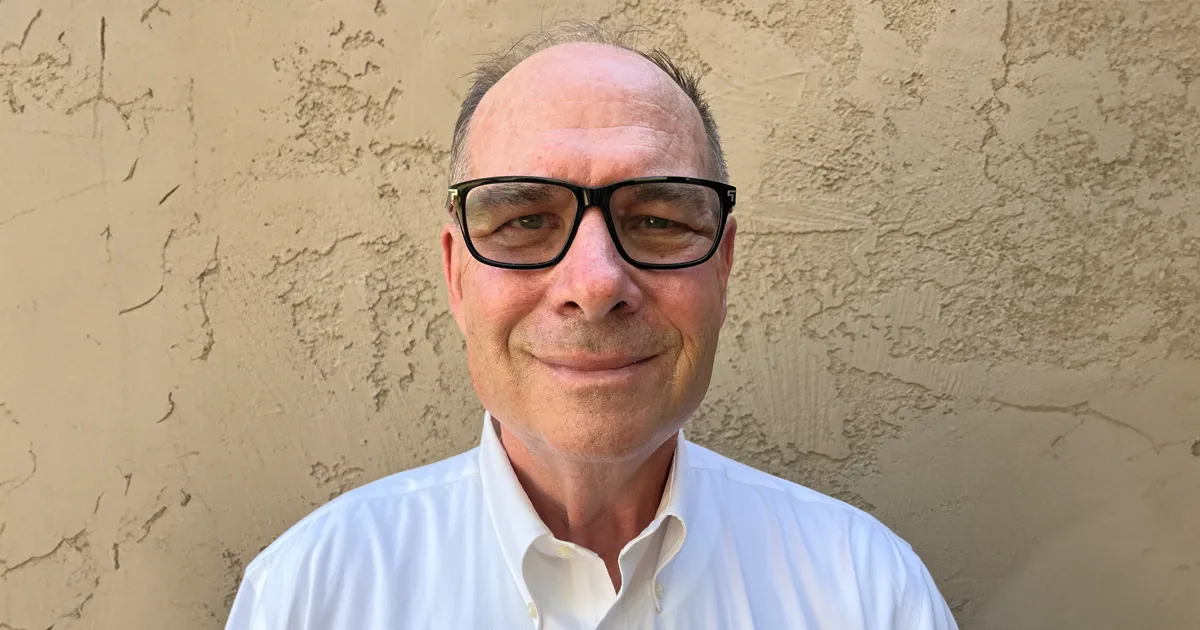Creating a Culture of Safety and a Legacy of Giving
From creating innovative processes to handle toxic gasses in the semiconductor industry to developing safety programs for major research universities, Leon Igras (MS ‘78) has had a career spanning decades, industries, and institutions.
Born in Detroit, Igras’ academic journey began with a degree in zoology from the University of Michigan. His father worked at Ford and his mother was a public health nurse for Wayne County. Igras assumed he would use his undergraduate degree as a launching pad for medical school, but that ambition faded by the time he graduated. After spending time in Europe, he shifted his focus to public health, during a time when environmental health was gaining national attention.
“This was in the mid-70s when Jimmy Carter was president, and he opened up a whole bunch of training opportunities in environmental health to help companies comply with regulations set by the Occupational Safety and Health Administration, the National Institute for Occupational Safety and Health, and Environmental Protection Agency,” Igras recalls.
In 1977, he was admitted to the University of Minnesota School of Public Health and received a U.S. Public Health Service traineeship, which provided a stipend and covered his tuition, allowing him to focus fully on his studies. Professor Leonard Schuman (who taught Igras epidemiology) and Professor Charles McJilton (who taught industrial hygiene) stand out in his memory as being particularly influential.
“We only had probably 12 students in the environmental sciences group in ‘77 and ‘78, but the education was really exceptional,” Igras says. “It prepared all of us for great things to come.”
Upon graduation, Igras began his career at Sperry UNIVAC in St. Paul, working in a semiconductor plant–a role that would set the stage for his future work in high-hazard environments. He soon moved to the Digital Equipment Corporation (DEC), where he tackled significant challenges, including handling pyrophoric gasses, which are flammable at room temperature, in the semiconductor manufacturing process.
At the time, a gas called silane was causing fires all over the semiconductor industry due to leaks and unsafe handling processes. Igras was part of a team at DEC that designed a new process to store, purge, and process the gas. “Looking back now, that was the highest technical point in my career,” he says.
Following the stock market crash of 1987, a slowdown in the semiconductor industry led Igras to academia. He took on significant roles at institutions like Harvard University; Northeastern University; University of Maryland, College Park; and Arizona State University (ASU) overseeing safety for a number of cutting-edge science and engineering technologies. As the Executive Director of Environmental Health and Safety at ASU, Igras was responsible for the safety of more than 100,000 students and staff in a role that was both rewarding and demanding.
Igras saw it as his duty to instill a “culture of safety” in students and researchers: “That means: What kind of safety practices do you follow when no one’s looking at you?” he says.
With all his extensive experience at major research universities, Igras holds a special regard for the University of Minnesota. “I worked at Harvard, Northeastern University, University of Maryland, College Park and ASU, so I have a flavor of what research universities are, and the University of Minnesota really stands out amongst all those. It’s an excellent institution, and the School of Public Health is a gem amongst the UMN schools,” he says.
Semi-retired since 2019, Igras continues to give back to the field as a biosafety consultant and member of biosafety committees around the country. He remains connected to the School of Public Health through donations and ongoing relationships with his former classmates, and has made donations in the names of classmates who have passed away.
His commitment to supporting future public health professionals is rooted in his own positive experience. “The School of Public Health directed me to a career that I found rewarding both mentally and financially,” he says. “When I look back, it really gave me the break that I needed. I’d like to give other people the same kind of opportunity.”
When asked what advice he’d offer to current or prospective SPH students, he cautions against the urge to choose a career path too quickly. “Take as many broad courses as you can, and then try to get one or two internships to get experience in the field,” he says. With opportunities for public health careers in the federal government, state government, consulting industry, and private corporations, there are a number of different paths from which to choose.
“Each of them has different demands and requires different skill sets. You have to find the best fit for you, so you have to know yourself well,” Igras says. “That’s also part of the educational process.”

